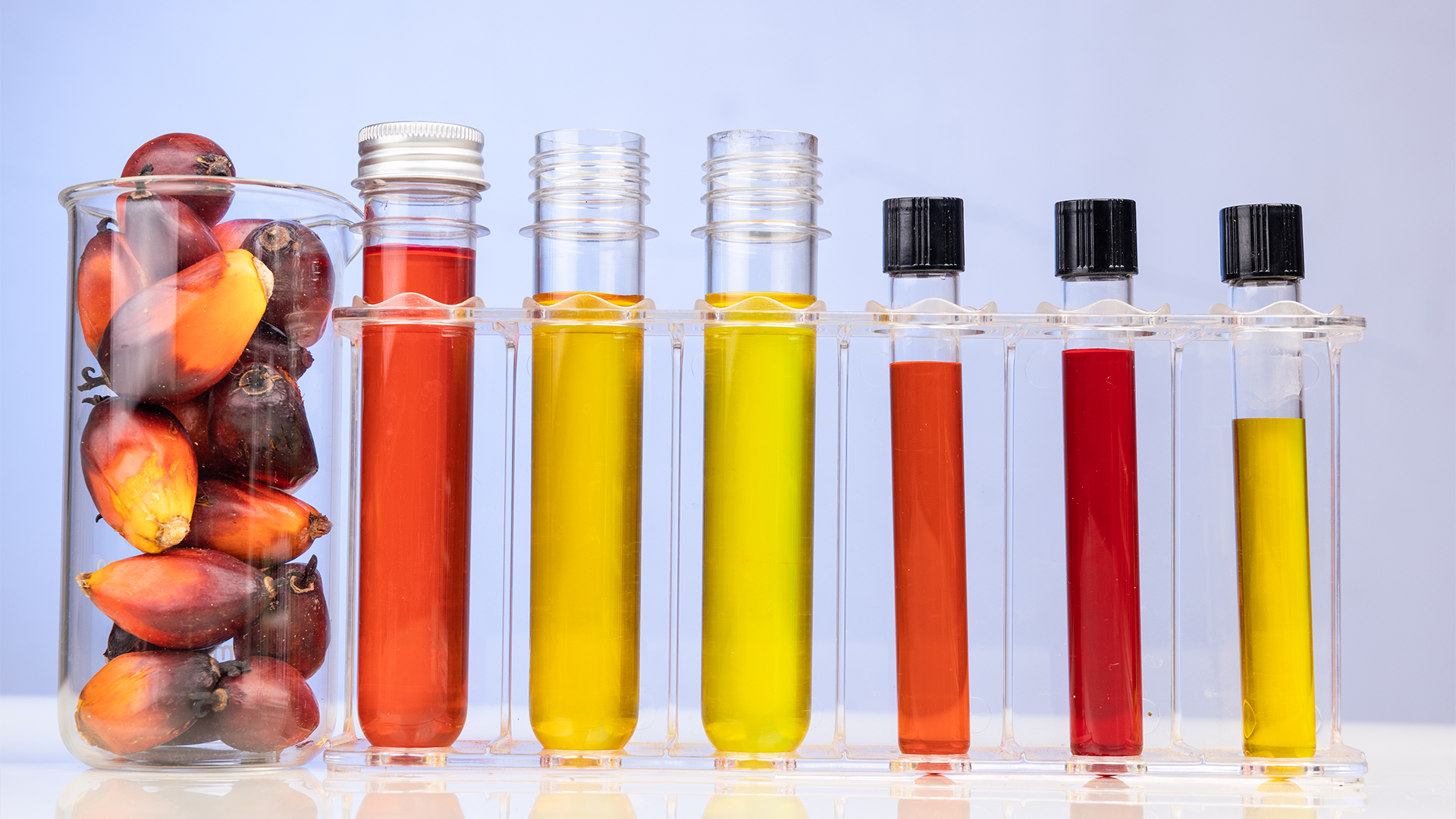The Benefit of Using Palm Oil for Biofuels

Biofuels made from vegetable oil are increasingly being used as an alternative to fossil fuels. Palm oil is known as an excellent raw material because biodiesel has similar properties to the regular petro-diesel but produces far less carbon residues, which means it will leave less carbon build-up in a diesel engine than petroleum diesel.
There are many advantages of using palm oil for biofuel production. Unlike fossil fuels, the combustion of palm oil biofuel does not increase the level of carbon dioxide in the atmosphere as the oil is merely returning carbon dioxide obtained earlier from the atmosphere through photosynthesis. As such, biofuel is regarded as carbon neutral. The palm trees continue to absorb carbon dioxide throughout its life span of 25-30 years. Therefore, the cultivation of palm trees is a huge contributing factor in the reduction of global warming.
In 2018, the Indonesian government approved regulations regarding the use of biodiesel as a substitute for fossil fuel across all economic sectors. The recent Indonesian government mandate to mix 30% biodiesel with 70% fossil fuel (B30) has proven to produce a positive effect on the economy, social and environment.
Moreover, palm oil is the most versatile vegetable oil due to its numerous uses in various industries. Get to know more benefits of using palm oil to produce biofuels, as discussed by Ibu Irma Rachmania and Bapak Cakra de Thouars through Instagram Live, on 11 June 2021. See the video here:


